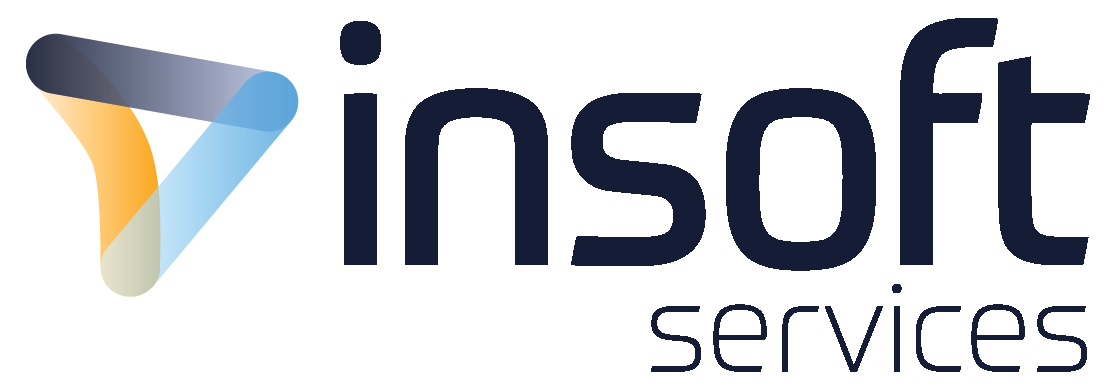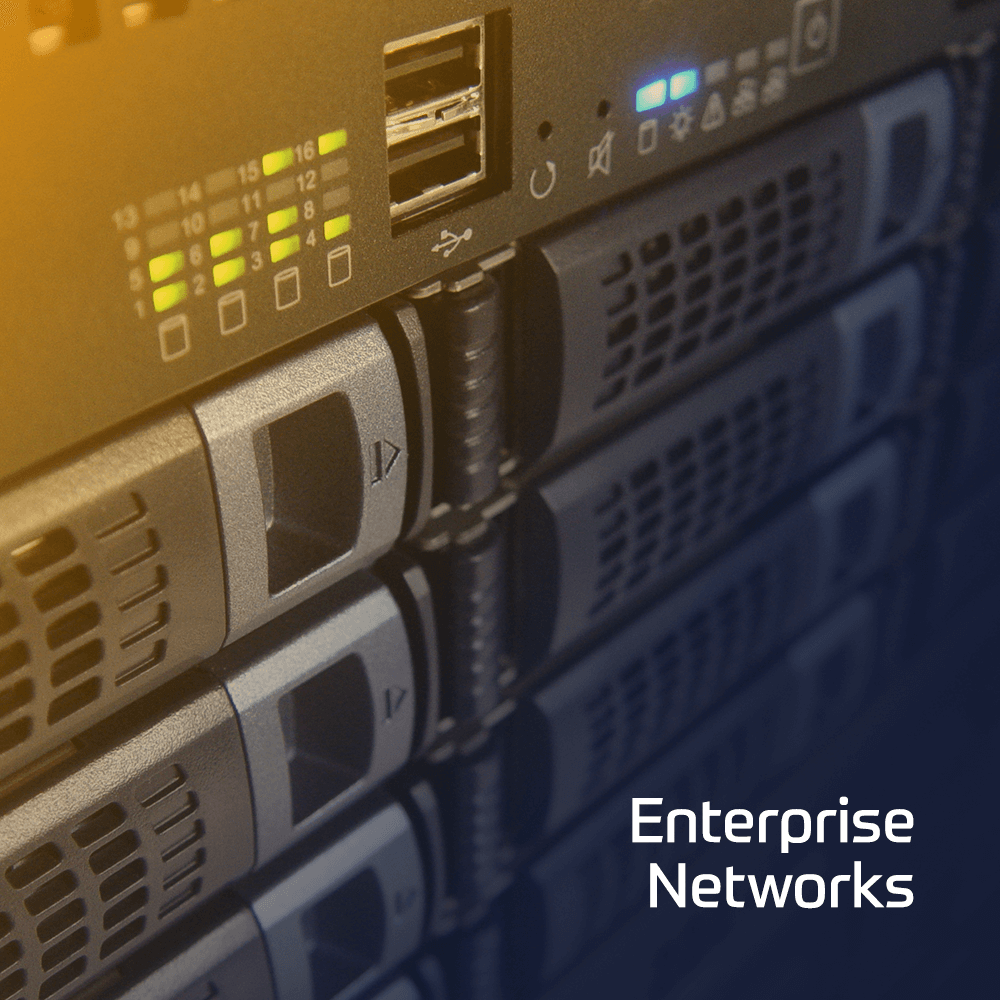Discover the peculiar feature points of C++ with this C++ Fundamentals training course, and lay a solid foundation of C++ knowledge. Get a hands-on, practical introduction to low-level programming with C and C++.
C++ Fundamentals begins by introducing you to the C++ syntax. You will study the semantics of variables along with their advantages and trade-offs, and see how they can be best used to write safe and efficient code. With the help of this course, you’ll be able to compile fully working C++ programs and understand how variables, references, and pointers can be used to manipulate the state of the program. You will then explore functions and classes— the features that C++ offers to organize a program—and use them to solve more complex problems. You’ll also understand common pitfalls and modern best practices, especially the ones that diverge from the C++98 guideline.
As you advance through the chapters, you’ll study the advantages of generic programming and write your own templates to make generic algorithms that work with any type. This C++ course will guide you in fully exploiting standard containers and understanding how to pick the appropriate container for each problem. You will even work with a variety of memory management tools in C++. By the end of the course, you’ll be equipped with all that you need to know to develop a robust and high-performance infrastructure.
By the end of this course, you will not only be able to write efficient code, but also be equipped to improve the readability, performance, and maintainability of your programs using standard algorithms.

 Finland
Finland Germany
Germany Denmark
Denmark Sweden
Sweden Italy
Italy Netherlands
Netherlands Norway
Norway 


























 Duration
Duration  Delivery
Delivery  Price
Price